A Guide to Following Up After an Interview

You’ve walked out of your last job interview feeling confident that you did everything you could to make a good impression on the hiring manager. With the interview stress behind you, you might be tempted to sit back and await that coveted job offer, however, it is not time to relax just yet. Although most candidates put plenty of effort into their CV and interview, we often see people forget that there’s another important step still to come: following up.
Checking in with the hiring manager to follow up after an interview is an invaluable opportunity to solidify their impression of you, highlight your enthusiasm for the role and stand out from the other candidates – if it’s done right.
To ensure you’re in the best possible position to secure your next Construction, Engineering or Infrastructure job, here is our guide to following up after an interview.
What Should You Include in Your Follow Up?
When following up after an interview, you should cover a few basic points. Start by thanking the interviewer for their time and express that you appreciate the opportunity to meet with them. Restate your interest in the job, why you think you’re a great fit, and how you meet the requirements.
Additionally, touch on why you would enjoy the position as well. Naturally, an employer wants someone qualified, but they are also looking for someone who’s enthused. An employee who is excited to come into work each day will perform better and outlast one who isn’t passionate about the role.
Be sure to mention any additional details that didn’t come up during the interview as well. Depending on the nature of the job, you could include some examples of your work that are relevant to the job, highlighting your experience. Offer to answer any additional questions the hiring manager might have and finish up by asking about the next steps if you didn’t already do so in the interview.
Tips for Following Up Successfully
By following up, you’re aiming to reinforce the fact that you’re a strong candidate in the mind of the employer, so it’s important to put in the time and attention to get it right. Whether you decide to follow up via email or over the phone, here are a few key things to think about before dialling the number or hitting ‘send’ on the draft message:
Following up via email
- Include a clear subject line so that the recipient knows what the email is about; for example, “Following up on our interview.”
- If you interviewed with multiple people, send a separate follow up email to each person with slightly different contents to avoid repeating yourself.
- Proofread the email carefully before sending – mistakes can appear unprofessional, so it’s worth getting a second set of eyes to look at it as well.
Following up over the phone
- It might seem obvious, but the best way to begin a follow up phone call is by saying who you are, the job applied for and who you interviewed with.
- Use a friendly but professional tone and speak clearly.
- If you’re nervous, practice what you’ll say out loud or with a friend.
Quick tips
- Ensure you have the correct name, job title and contact details. If you’re uncertain how to pronounce someone’s name, politely ask. They will appreciate you making the effort to get it right.
- Make sure you’re genuine, as the other person will be able to tell!
- Time it right – generally about 24 hours after is best. You don’t want to be calling mere hours after you’ve had the interview, but you don’t want to let the interviewer forget about you either.
- Keep it brief – don’t be tempted to go back over everything you already said in the interview. You want to show your enthusiasm, not repeat yourself unnecessarily.
Summary
The job search is often full of hurdles, so it’s important not to get complacent in the final stages of the process. By ensuring you have a strong follow-up, you can conquer this last obstacle with ease and be confident you’ve done all you can to stand out from the other applicants.
For more job search tips and support with navigating the Construction, Engineering and Infrastructure recruitment process, contact the team at RobLawMax.








